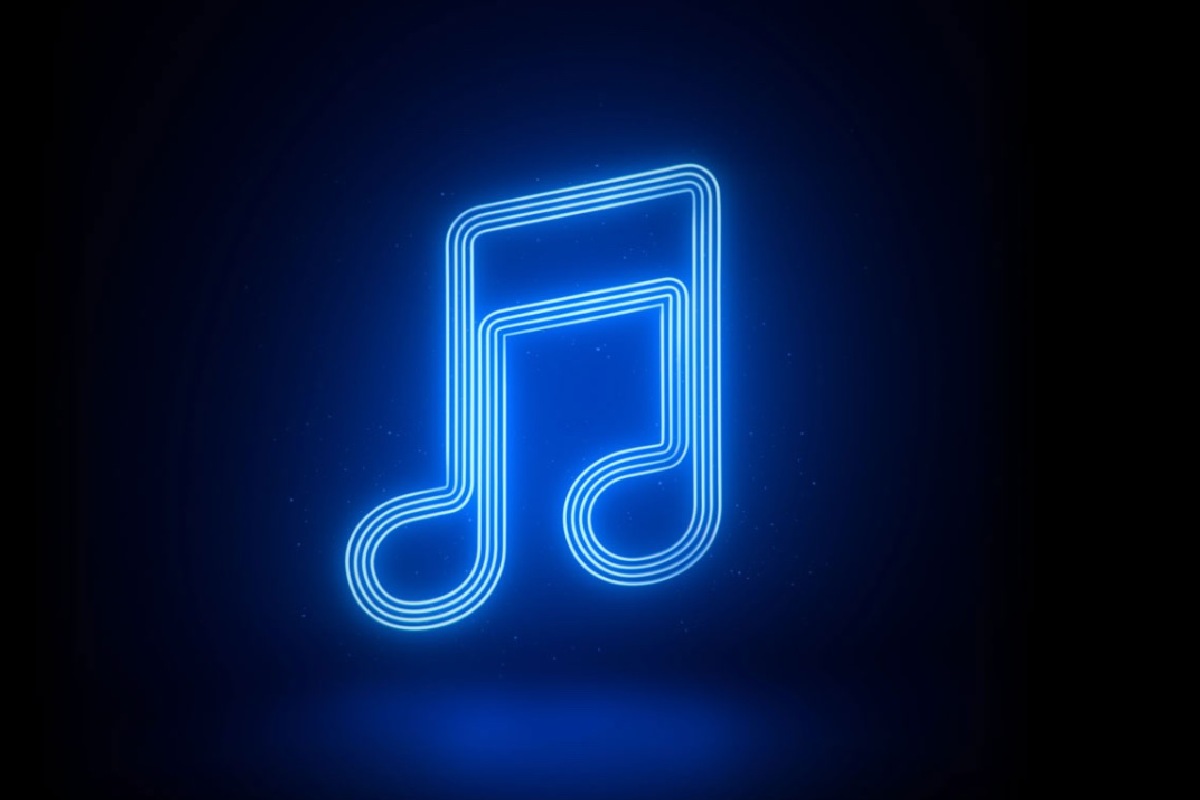The Next Number One Single Could Be Yours: If you’re an aspiring musician or band, distributing your own music and getting a hit single can seem impossible.
But with the right music distribution strategy and approach, it’s achievable. Here are some tips on how to distribute your own music and increase your chances of getting a hit single.
Table of Contents
Prepare Your Song for Distribution
Before you start thinking about distribution, you need to make sure that your music is ready for release. This means that it should be well-produced, mixed, and mastered. If you’re not confident in your own abilities, it might be worth investing in a professional producer or engineer to help you polish your sound.
You should also make sure you have enough material to release. A single might get some attention, but if you want to build a fanbase and sustain interest, you’ll need to have more music available. Consider releasing an EP or album in addition to your single.
Choose a Distribution Platform
There are a number of platforms available for distributing your music. Some of the most popular options include:
- DistroKid
- TuneCore
- CD Baby
- AWAL
- Ditto Music
Each platform has its own fees and features, so it’s worth doing your research to find the one that’s right for you. Look at factors like pricing, the percentage of royalties they take, the level of control you have over your music, and the platforms they distribute to.
Create Eye-Catching Artwork
Your single artwork is the first thing potential listeners will see, so it must be eye-catching and memorable. You don’t necessarily need to spend a lot of money on this — you could create your own artwork using free design tools like Canva or GIMP.
Make sure that your artwork is relevant to your music and stands out from the crowd. It should also look good in a variety of sizes, as it will be displayed on streaming platforms in a variety of formats.
Build a Buzz Before Release
One of the keys to getting a hit single is building a buzz before you release it. You want people to be excited about your music and anticipate its release.
There are a number of ways you can do this. For example, you could share teasers on social media or release behind-the-scenes footage or sneak peeks. Perhaps you’ll create a countdown to release day or collaborate with influencers or other musicians to promote your music.
The more you can get people talking about your music before it’s released, the better.
Plan a Release Strategy
Once you have everything in place, it’s time to plan your release strategy. This should include choosing a release date, deciding which platforms you want to release on, and creating a press release or bio to accompany your release. You’ll also want to reach out to media outlets and blogs to secure coverage or plan a launch event or party.
Your release strategy will depend on your goals and resources, but the more thought you put into it, the more successful your release will likely be.
Engage With Fans and Listeners
Once your music is out in the world, engaging with your fans and listeners is the next step. Respond to comments on social media, thank people for their support, and ask for feedback.
You should also consider building an email list or creating a fan club to communicate directly with your fans. This can be a valuable way to build a relationship with your audience and keep them engaged between releases.
Engagement is key to boosting the algorithm on social media and ensuring your fans attend your live performances worldwide. Artists are expected to interact with fans online, so don’t skip this key step.
Keep Creating and Releasing
Finally, it’s important to keep creating and releasing music on a regular basis. The more music you have available, the more opportunities you have to attract new fans and listeners.
This doesn’t mean you need to rush out a new release every week, but it does mean that you should have a plan in place for creating and releasing new music regularly. This could be in the form of an album, EP, or single. Consistency is key, as it keeps your audience engaged and interested in your music.
In addition to regularly releasing music, you should also focus on promoting your previous releases. This could include running social media campaigns, pitching your music to new outlets, or collaborating with other musicians.
Rise to the Top of the Charts
Overall, the key to distributing your own music and getting a hit single is to have a solid plan in place and to be persistent in your efforts.
Keep creating, promoting, and engaging with your fans and listeners, and you’ll be well on your way to building a successful music career.

